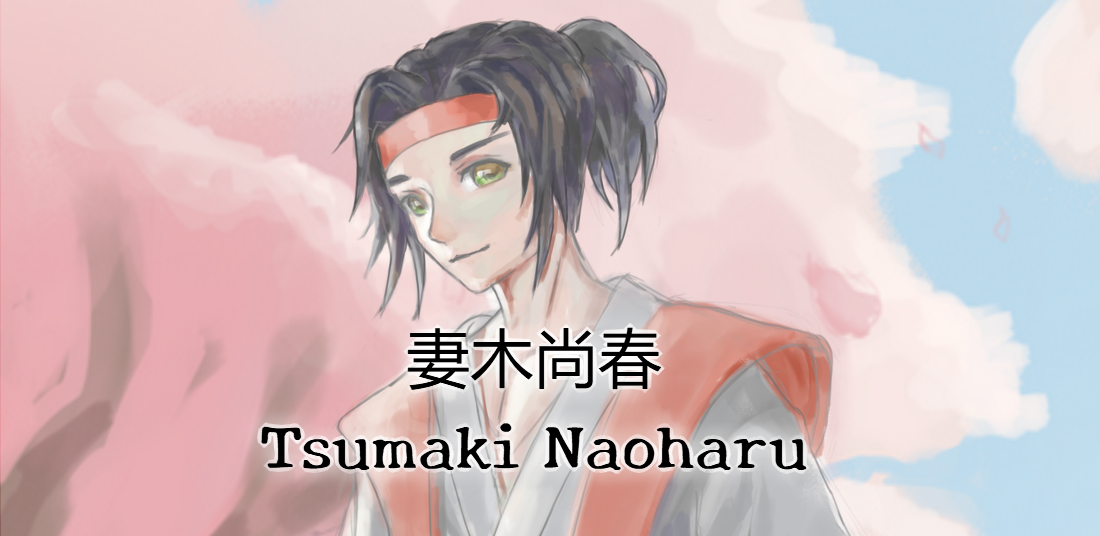It is the summer of 1853; a group of unexpected visitors has arrived on Japanese shores. A powerful fleet of ships commanded by Commodore Matthew C. Perry has sailed into Edo Bay, causing panic and threatening the possibility of violence. Over two hundred years have passed since Japan’s borders were closed, limiting trade to Chinese and Dutch merchants. Now, an American fleet is at the country’s shores demanding trade and concessions.
This is how a new, fully functional, historical video game, Ghosts over the Water: Changing the Tides of Japan’s Future, is first introduced to players. With an expansive story and many different choices, the game is meant to take players into a fast-paced world filled with difficult decisions as they navigate the nuances of the Tokugawa era in Japan’s political history when Japanese citizens contended with the arrival of Americans.
“You will discover what Japan feared, what it dreamed of, and what fate it pursued in the end,” reads the game text. Ghosts over the Water is designed as a branching narrative game with three different, character-specific routes. Seven endings. Tough choices with dire consequences.
The game is produced collaboratively by four students from The University of Texas at Austin and Yale: Benjamin Brown, Isabella Yang, Eric Doddy, and Alexis Wu. The two students from Yale, Yang and Doddy, joined to apply their skillsets in game design and graphics to this atypical academic project. Together the four make up Studio Unagi.
The work of Studio Unagi is supported by UT Austin’s JapanLab, a collaboration between the Department of History, the Department of Asian Studies at UT, and the Japan Foundation. JapanLab draws together faculty across multiple disciplines, recent graduates, and leading professionals in the games industry. It’s an innovative template that integrates video game design and digital humanities into the study of history.
For Ghosts over the Water, UT students were advised by Adam Clulow, UT professor of history and JapanLab director; Haley Price, a digital humanities specialist; and Clay Carmouche, narrative director of XBOX Publishing which produces the massively popular video game franchise Halo. The immersive game is built upon an accessible visual novel framework and incorporates over 130,000 words of meticulously researched text.
“The vast majority of our students play video games,” says Adam Clulow, “and video games are a huge conduit into our classes. Rather than ceding the ground to commercial studios, History and Asian Studies at UT are getting into the business of producing our own games for public release. Ghosts over the Water is an immersive, exciting, and historically accurate game that allows players to explore Japan in the nineteenth century. It’s great for players, but developing video games is also a remarkable learning tool for students.”
Video games are a billion-dollar industry with historical video games like Ghost of Tsushima or Assassin’s Creed selling millions of copies. Now, the College of Liberal Arts, the History Department, and the Department of Asian Studies are producing their own games for release across all major platforms.
